Un Solo Pueblo, in the vibrant and diverse cultural landscape of Venezuela, where the rhythms of the Caribbean meet the melodies of the Andes, one musical ensemble has stood as a symbol of unity and celebration: Un Solo Pueblo. This blog delves into the captivating biography of Un Solo Pueblo, exploring the roots, evolution, and enduring impact of this iconic group on the musical and cultural identity of Venezuela.
Inception and Musical Roots:
The story of Un Solo Pueblo begins in the early 1970s when a group of talented musicians with a shared passion for Venezuelan folk music came together. Rooted in the belief that music could serve as a powerful vehicle for cultural expression and unity, they formed Un Solo Pueblo, which translates to “A Single Village.”
The ensemble embarked on a mission to celebrate the rich tapestry of Venezuela’s cultural diversity, drawing inspiration from traditional genres like joropo, gaita, and merengue. Their vision was to create a musical experience that would resonate with audiences across the country, regardless of regional differences.
Harmonizing Diversity:
Un Solo Pueblo’s unique strength lay in its ability to seamlessly blend diverse musical styles, capturing the essence of Venezuela’s multicultural heritage. The ensemble’s repertoire incorporated rhythms from various regions, honoring the distinct sounds of the llanos, the coastal areas, and the Andean mountains. This harmonious fusion not only showcased the musicians’ technical prowess but also served as a metaphor for the unity that music could inspire.
The ensemble’s instrumentation was as varied as the landscapes that inspired their music. Traditional instruments like the cuatro, maracas, and harp were complemented by brass and percussion, creating a rich and textured sonic experience. This fusion of traditional and modern elements reflected the dynamic nature of Venezuelan culture, where heritage and innovation coexist.
Regional Influences and Celebrating Identity:
Un Solo Pueblo’s music became a celebration of identity, not only for the musicians themselves but also for the diverse communities they represented. Each composition told a story rooted in the traditions of a specific region, whether it was the plains of Apure, the shores of Lake Maracaibo, or the mountainous terrain of Mérida. Through their performances, Un Solo Pueblo became ambassadors of Venezuelan folklore, amplifying the voices of communities that often felt marginalized.
Their commitment to preserving and promoting regional musical styles played a pivotal role in fostering a sense of pride among Venezuelans. At a time when the country was experiencing social and political changes, Un Solo Pueblo’s music became a unifying force, reminding people of the richness embedded in their cultural heritage.
Cultural Preservation and Innovation:
While deeply rooted in tradition, Un Solo Pueblo was not afraid to innovate. The ensemble’s arrangements breathed new life into classic folk tunes, appealing to younger generations and introducing traditional Venezuelan music to a wider audience. This delicate balance between cultural preservation and innovation ensured that Un Solo Pueblo’s music remained timeless and relevant.
In addition to their musical contributions, Un Solo Pueblo actively engaged in initiatives aimed at preserving Venezuela’s cultural heritage. The ensemble collaborated with cultural institutions, participated in educational programs, and advocated for the inclusion of folk music in academic curricula. Their dedication to passing down traditional songs and rhythms to future generations underscored their commitment to ensuring the continuity of Venezuela’s rich musical legacy.
Social Commentary and Advocacy:
Beyond their role as musicians, Un Solo Pueblo emerged as social commentators and advocates for change. The ensemble’s lyrics often delved into the social and political realities of Venezuela, addressing issues such as inequality, poverty, and the challenges faced by marginalized communities. Their music became a platform for expressing solidarity with those struggling for social justice.
One of their most iconic compositions, “Lamento Naufrago” (“Shipwrecked Lament”), for instance, serves as a poignant reflection on the plight of marginalized communities. Through their art, Un Solo Pueblo amplified the voices of the disenfranchised, shedding light on the socio-economic disparities that persisted in Venezuela.
International Recognition:
The impact of Un Solo Pueblo transcended national borders, garnering international acclaim for their ability to showcase the diversity of Venezuelan music. They toured extensively, bringing their vibrant performances to audiences around the world. Their international presence not only showcased the universal appeal of Venezuelan folk music but also contributed to a broader understanding of Latin American culture.
Awards and accolades followed, recognizing Un Solo Pueblo’s contributions to the global musical landscape. Their ability to bridge cultural divides through music earned them a place in the hearts of audiences far beyond Venezuela’s borders.
Enduring Legacy:
Un Solo Pueblo’s legacy endures, etched in the hearts of those who experienced the magic of their performances. The ensemble’s impact on Venezuelan music is immeasurable, and their influence can be heard in the work of subsequent generations of musicians who draw inspiration from their harmonious fusion of traditions.
Even as the musical landscape evolves, Un Solo Pueblo’s recordings continue to resonate with new audiences. Their timeless compositions remain a testament to the enduring power of music to transcend time and connect people across generations.
Conclusion: A Melodic Chronicle:
In the melodic chronicle of Un Solo Pueblo, we find not just a musical ensemble but cultural custodians and ambassadors of unity. Their biography is a journey through the diverse landscapes of Venezuela, capturing the essence of its people, traditions, and aspirations. Un Solo Pueblo’s music has not only left an indelible mark on the cultural heritage of Venezuela but has also served as a reminder of the transformative power of music to unite, inspire, and celebrate the richness of human experience.
.- Youtube Feature Video: Venezuela Un Solo Pueblo – De Nuevo Cantó Link here.


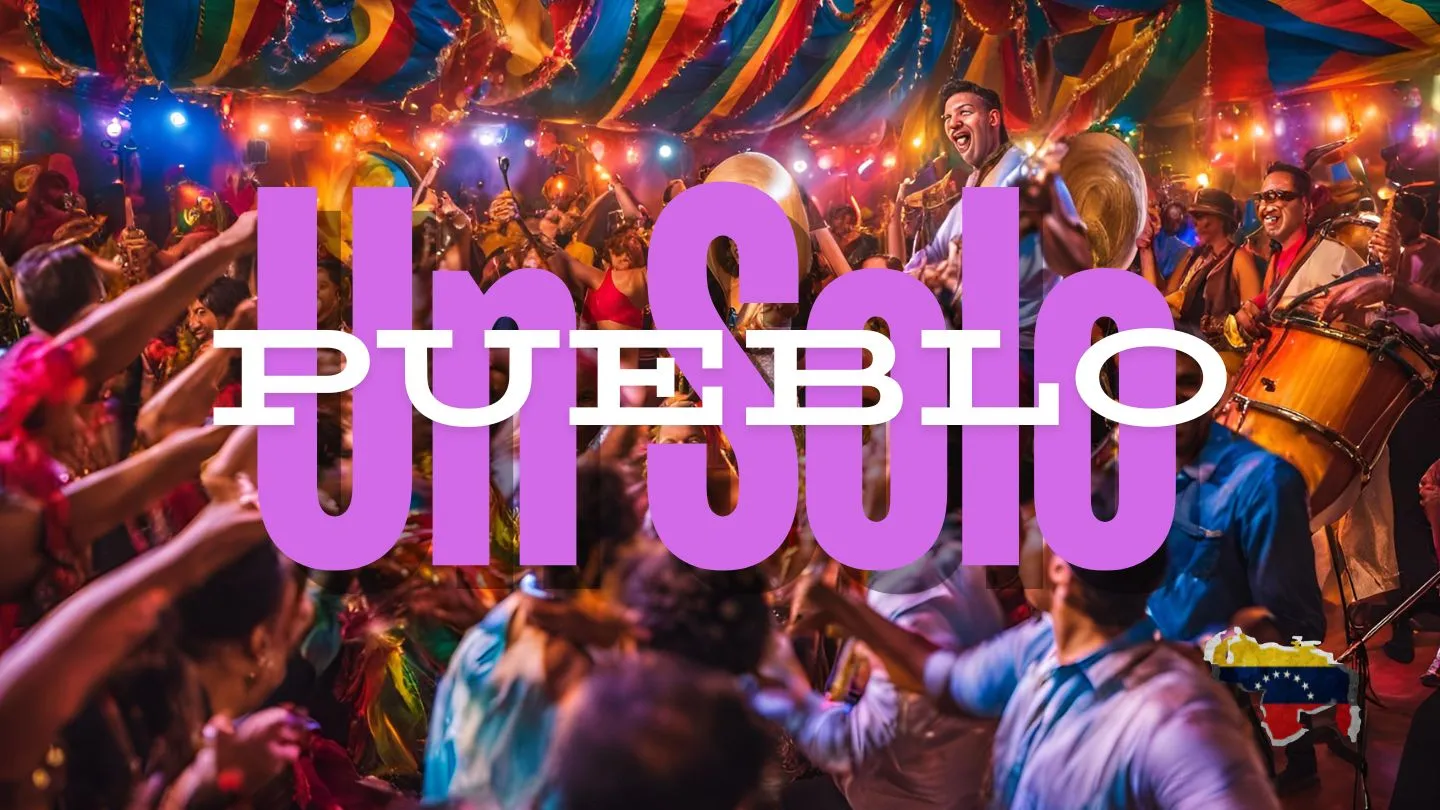
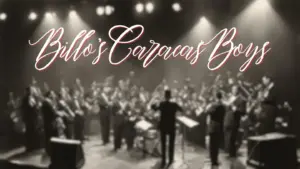


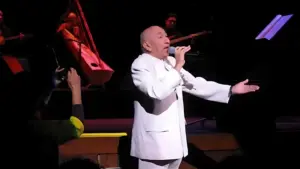
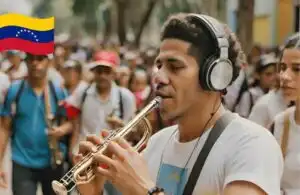



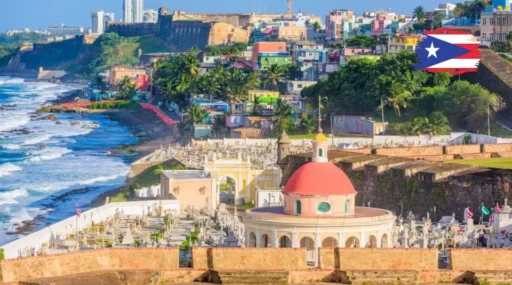

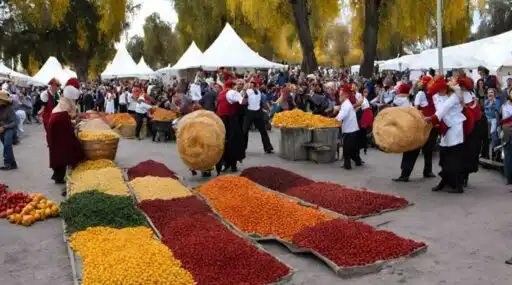

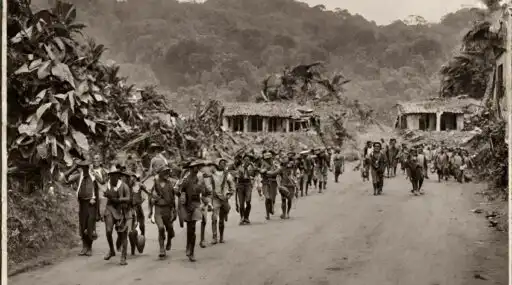
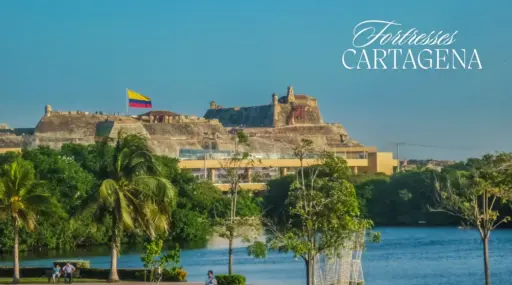

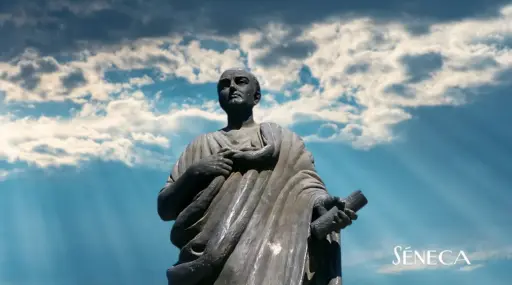
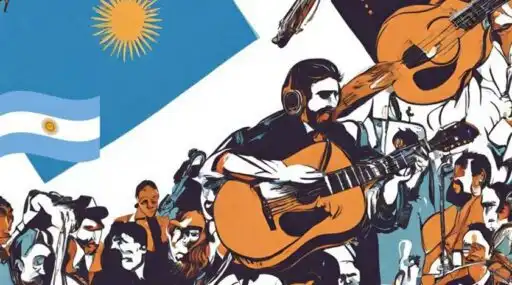
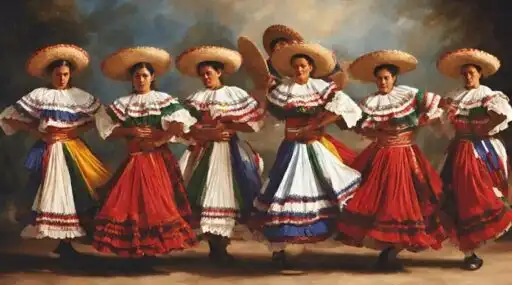
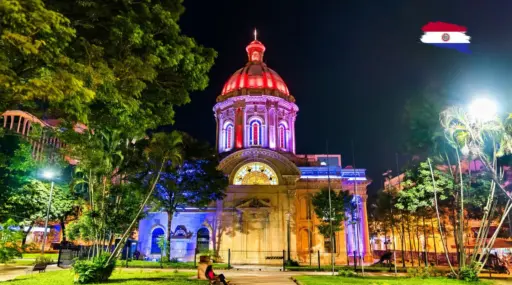


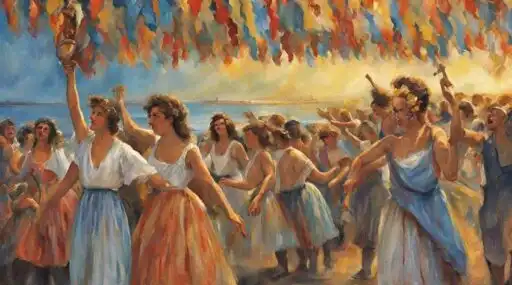
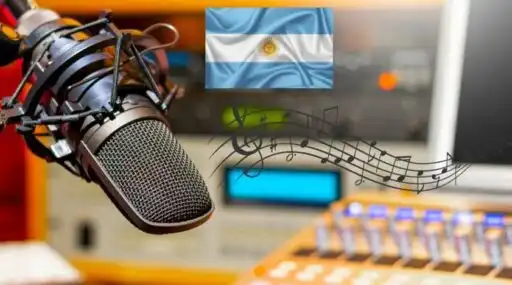
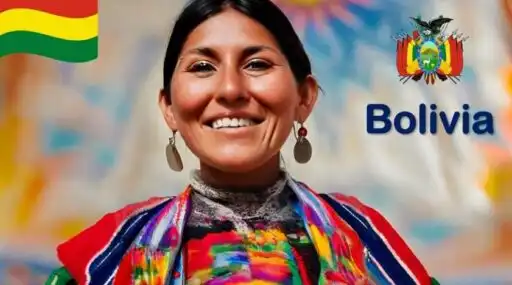

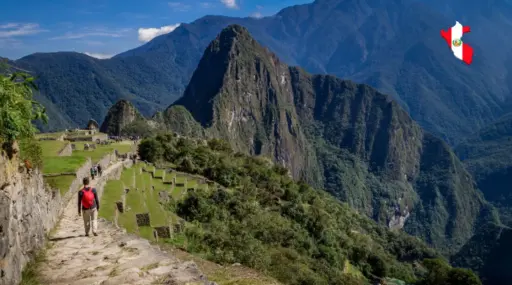

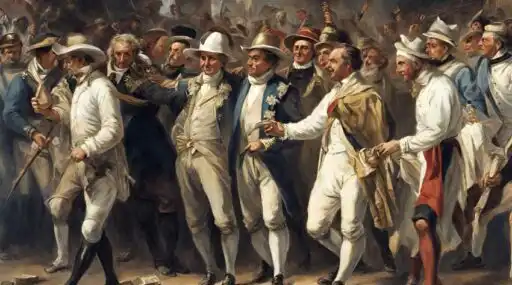



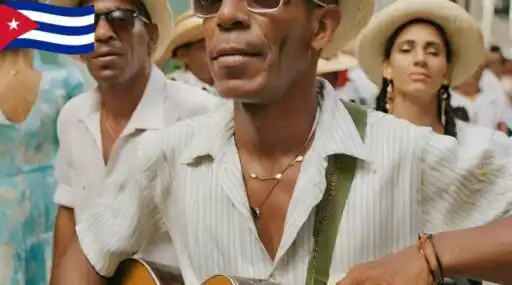
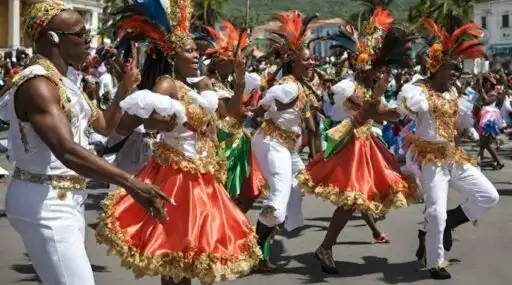

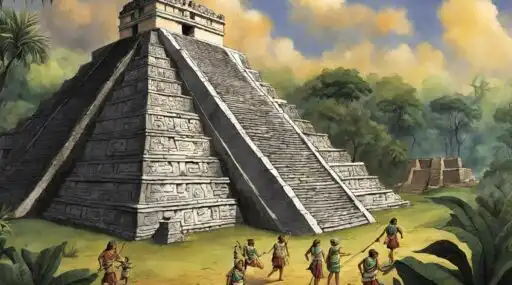
Leave a Reply